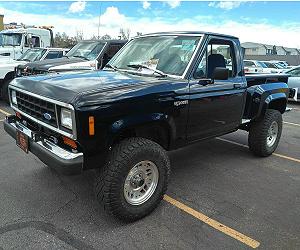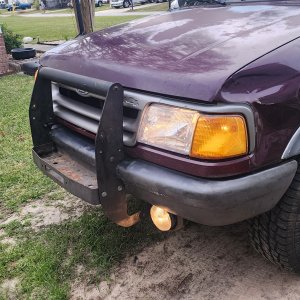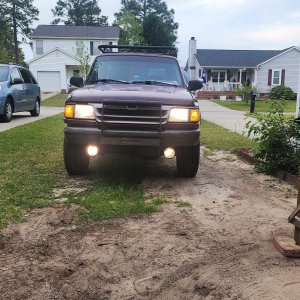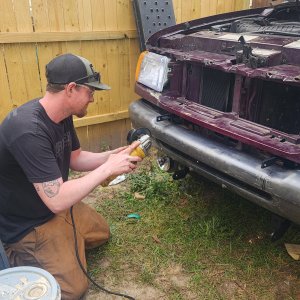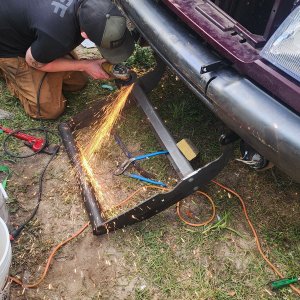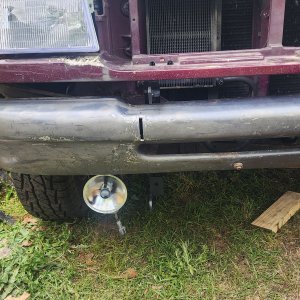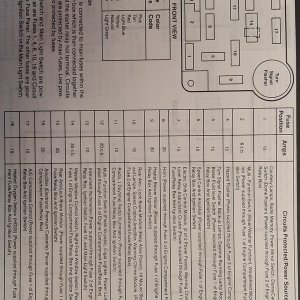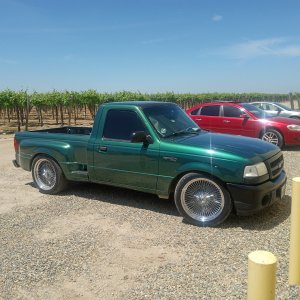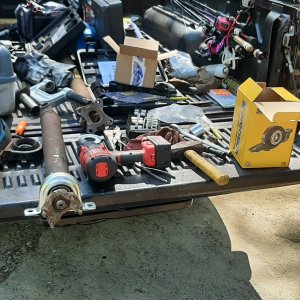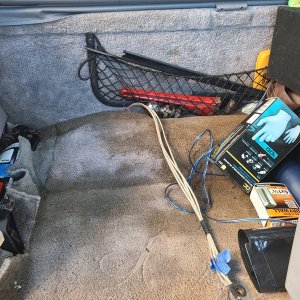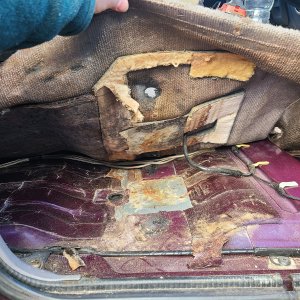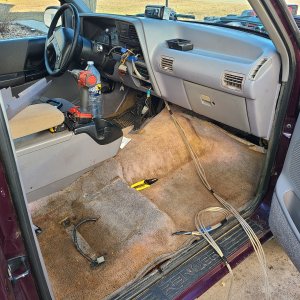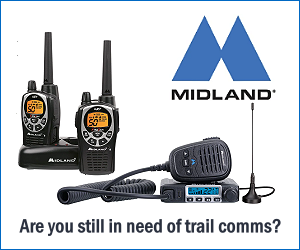- Joined
- Aug 7, 2007
- Messages
- 1,733
- Reaction score
- 536
- Points
- 113
- Location
- Costa Mesa, CA
- Vehicle Year
- 2002
- Make / Model
- Ford
- Engine Type
- 4.0 V6
- Engine Size
- 4.0 SOHC
- Transmission
- Manual
- 2WD / 4WD
- 4WD
- Tire Size
- 33"
I just had my MD-50 rebuilt at 243K miles. It was working well but I wanted to get it looked at so I could drive it on long trips with confidence. They said it was in good condition but did replaced all the bearings and seals while it was apart. They also replace the 5th gear and slider due to it being slightly worn. I ask for all the parts and could not see anything wrong with 5th gear. I did not argue because I asked them to replace anything not up to spec.
I have run RP Synchromax in my transmission since the first lube change at around 6K miles. It was shifting hard when cold and I wanted to try another lube to resolve that. The RP Synchromax did that and shifted better overall in my opinion. The condition of my transmission at 243K miles tells me RP is a good lube.
My Ford drivers hand book indicates 80W-90 gear lube are to be used in front and rear differentials. One exception is the rear differential with the Torsen limited slip. Ford states right on a differential tag to "use only 75W-140 synthetic oil" with the Torsen differential.
I always use synthetic lubes but that is just my preference. Regular petroleum lubes are fine but generally need to be changed more often. I use Mobile 1 ATF in my transfer case and it has done well for me. I took it apart, when I had the transmission rebuilt, to check things out. It was still in excellent condition at 243K miles. I do a lot of extensive off-road trips also. I just replaced the seals and the timing chain. The timing chain was still good but had stretched just a little. The chain is not expensive and now good for at least another 243K miles.
My Ford repair manual states 36 ft-lbs for the transmission drain plug. I imagine the fill plug is the same. I have never replaced either plug or seal ring. They still seal perfectly.
I have run RP Synchromax in my transmission since the first lube change at around 6K miles. It was shifting hard when cold and I wanted to try another lube to resolve that. The RP Synchromax did that and shifted better overall in my opinion. The condition of my transmission at 243K miles tells me RP is a good lube.
My Ford drivers hand book indicates 80W-90 gear lube are to be used in front and rear differentials. One exception is the rear differential with the Torsen limited slip. Ford states right on a differential tag to "use only 75W-140 synthetic oil" with the Torsen differential.
I always use synthetic lubes but that is just my preference. Regular petroleum lubes are fine but generally need to be changed more often. I use Mobile 1 ATF in my transfer case and it has done well for me. I took it apart, when I had the transmission rebuilt, to check things out. It was still in excellent condition at 243K miles. I do a lot of extensive off-road trips also. I just replaced the seals and the timing chain. The timing chain was still good but had stretched just a little. The chain is not expensive and now good for at least another 243K miles.
My Ford repair manual states 36 ft-lbs for the transmission drain plug. I imagine the fill plug is the same. I have never replaced either plug or seal ring. They still seal perfectly.

